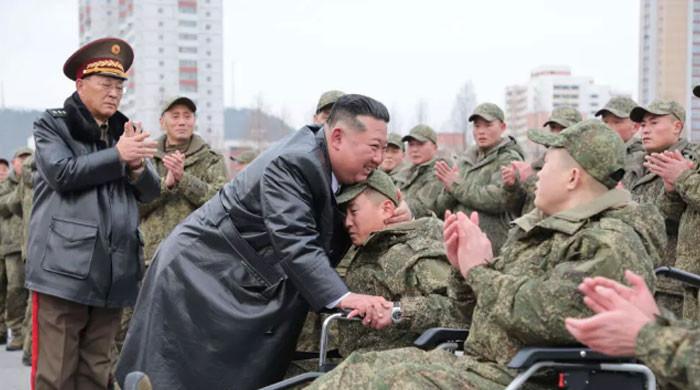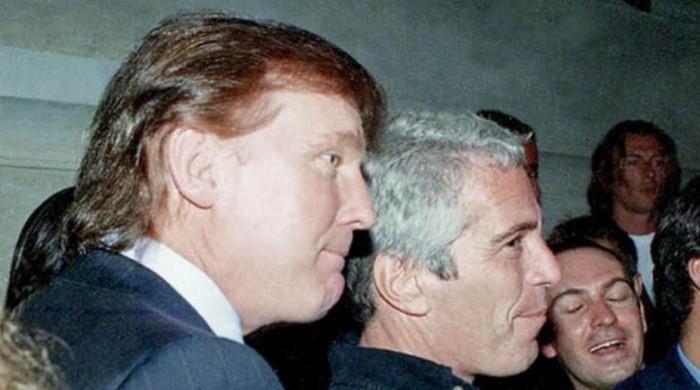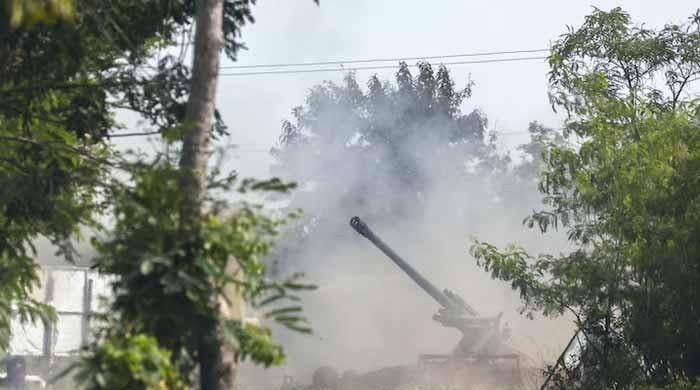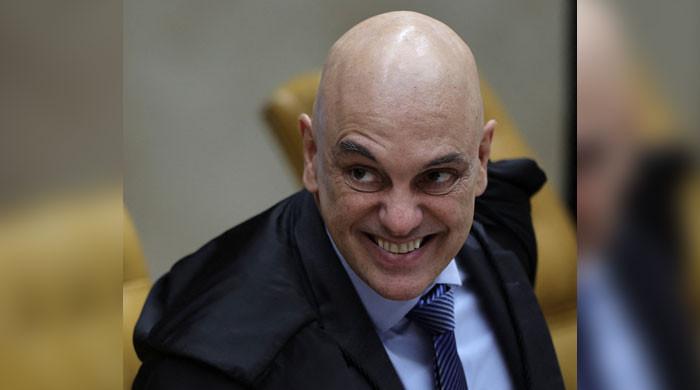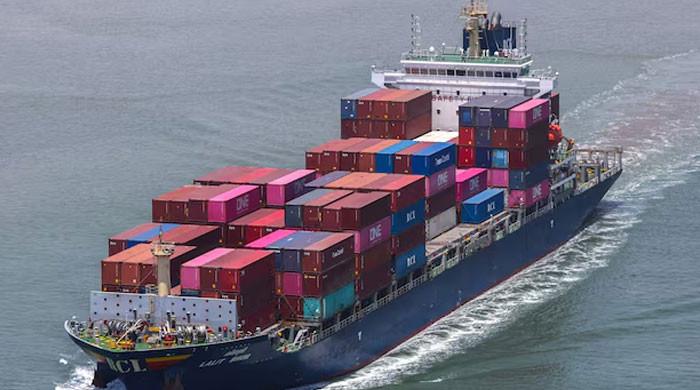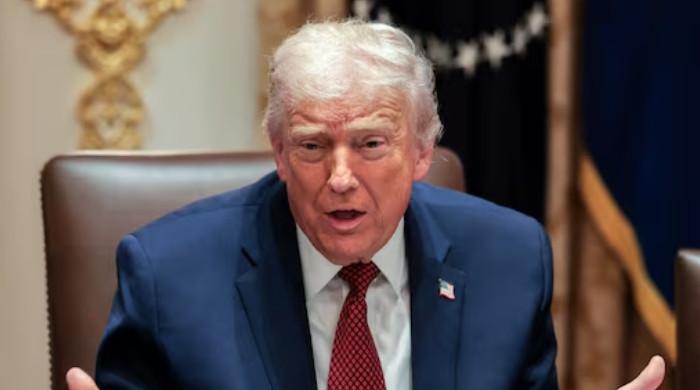London police force racist, misogynist, and homophobic: review
A Muslim officer reported finding bacon left in boots inside a locker, a Sikh said his beard was cut because a colleague "thought it was funny", report says
March 21, 2023
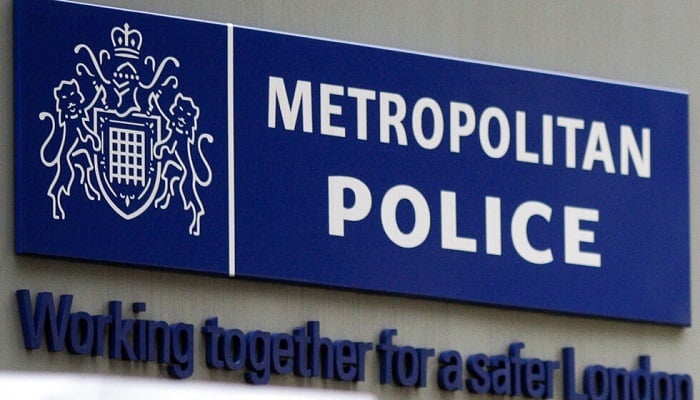
London's Metropolitan Police is institutionally racist, sexist and homophobic and could still be employing rapists and murderers, a scathing independent review of Britain's largest force concluded Tuesday.
The report, written by government official Louise Casey, was commissioned after the kidnap, rape and murder two years ago of a London woman, Sarah Everard, by serving Metropolitan Police officer Wayne Couzens.
Since then another officer, David Carrick, was also jailed for life for dozens of rapes and sexual assaults stretching back two decades, and several other Met scandals have emerged.
Casey found those shocking crimes were perpetrated in a pervasive culture of "deep-seated homophobia" and predatory behaviour, in which female officers and staff "routinely face sexism and misogyny".
Officers from minorities suffer widespread bullying, while violence against women and girls has not been treated seriously enough by the majority white and male force, she said.
A Muslim officer reported finding bacon left in boots inside a locker, a Sikh said his beard was cut because a colleague "thought it was funny", and sex toys were placed in coffee mugs as pranks.
"I make a finding of institutional racism, sexism and homophobia in the Met," Casey stated in the foreword to her damning 363-page report, adding that the force "has to change itself".
"It is the police's job to keep us safe as the public. Far too many Londoners have now lost faith in policing to do that," she wrote.
'Upsetting'
Casey's conclusions come nearly 25 years after the Macpherson Report -- which probed Met failures after the murder of black teenager Stephen Lawrence in 1993 -- also found the force institutionally racist and recommended dozens of reforms.
Yet a quarter-century on, she discovered that internal discrimination is "tolerated", with complaints "likely to be turned against Black, Asian and ethnic minority officers".
Prime Minister Rishi Sunak said that what had been happening inside the Met was "simply shocking and unacceptable" and that "there needs to be a change in culture and leadership".
But he backed its chief Mark Rowley, who was appointed after Cressida Dick was forced out last April, to "restore confidence and trust" through a draft overhaul unveiled in January.
Rowley called Casey's report "a very upsetting read".
"We have a real problem here. We have misogyny, homophobia and racism in the organisation and we're going to root it out," he told Sky News.
The review, which identified "systemic and fundamental problems" within the Met including "inadequate management", made 16 recommendations that would constitute a "complete overhaul".
London Mayor Sadiq Khan, who has responsibility for the force and initiated the review, said he expected all of them to be fully implemented quickly.
He described Tuesday as "one of the darkest days" in the Met's history.
Broken up?
Failure to reform could mean the force, which polices more than eight million people over 620 square miles (1,605 square kilometres) in the British capital, is dismantled, Casey warned.
"This is the first report that lays bare in total... the failings to black Londoners, the failings to women, the failings to their own staff," she told BBC radio.
"The bottom line is this: if an organisation can't fix itself then there has to be change," Casey added, noting "it may need to be broken up".
In another interview, Casey noted she "cannot sufficiently assure" people there are not more Met officers like Couzens and Carrick -- who at one point served in the same armed unit protecting MPs and foreign diplomats.
Her report found Met teams formed to tackle the growing number of domestic abuse cases were understaffed, overworked and inexperienced.
Meanwhile, the force's investigations have relied on "over-stuffed, dilapidated or broken fridges and freezers" to store forensic evidence.
A lunchbox was found in the same fridge as forensic samples in rape cases, and some appliances were so full they were strapped shut.
One fridge broke down, meaning the evidence inside could no longer be used and cases were dropped, the report found.




